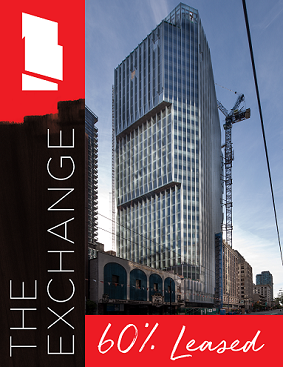Online Gambling Reforms in the Netherlands and Belgium

In a dynamic regulatory landscape, the online gambling sectors in the Netherlands and Belgium have undergone significant changes. These reforms aim to strengthen consumer protection, ensure fair play, and combat gambling-related problems. This article delves into the recent alterations for licensed operators in the Netherlands and the increase in the minimum gambling age in Belgium, highlighting the implications for players and operators alike.
Changes for Licensed Operators in the Netherlands
The Dutch online gambling market has seen a series of regulatory adjustments aimed at creating a safer and more responsible gaming environment. The Netherlands' Gambling Authority, Kansspelautoriteit (KSA), has introduced new measures for licensed operators, focusing on consumer protection and ethical advertising.
New Licensing Requirements
Operators seeking a Dutch license now face stricter requirements, including comprehensive background checks, financial stability proofs, and robust responsible gambling policies. These measures are designed to ensure that only reputable and capable operators are allowed to enter the market.
Enhanced Player Protection Measures
- Implementation of a central exclusion register (CRUKS) to prevent gambling addiction by allowing players to self-exclude.
- Mandatory deposit limits to encourage responsible gambling habits.
- Time tracking tools within gaming platforms to help players monitor their gambling activities.
Advertising and Marketing Regulations
The KSA has also tightened the rules on advertising, particularly concerning the protection of minors and vulnerable groups. Restrictions include a ban on celebrity endorsements and limitations on advertising times to reduce exposure to sensitive audiences.
Belgium Raises the Minimum Age for Gambling
In a move to further protect its citizens, particularly the youth, Belgium has increased the minimum age requirement for all gambling activities. This legislative change aims to curb gambling addiction among young people and reduce the risks associated with early exposure to gambling.
Implications of the New Age Requirement
The adjustment in the legal gambling age from 18 to 21 years encompasses all forms of gambling, including online platforms, casinos, and betting shops. This change is expected to have significant implications for both operators and the younger demographic.
Operator Compliance and Enforcement
Belgian authorities are enforcing these new regulations strictly, with heavy fines and potential license revocations for non-compliance. Operators must now implement more rigorous age verification processes to ensure adherence to the law.

Impact on the Gambling Industry
The reforms in both the Netherlands and Belgium reflect a growing trend towards more stringent gambling regulations in Europe. These changes are poised to reshape the industry, promoting safer gambling practices and a more sustainable business model for operators.
The Future of Online Gambling in Europe
As European countries continue to refine their gambling laws, the industry is expected to evolve towards greater transparency, fairness, and social responsibility. This evolution paves the way for the emergence of a list of the best online casino , characterized by their adherence to these principles and their ability to offer a secure and fair gaming experience. Operators must stay abreast of these changes to remain compliant and competitive in this rapidly changing landscape.
Conclusion
The recent reforms in the Netherlands and Belgium signify a significant shift in the approach to gambling regulation, with a heightened focus on player protection and ethical conduct by operators. As the industry adapts to these changes, it is imperative for stakeholders to collaborate in fostering a safe and enjoyable gambling environment for all participants.
References
- Kansspelautoriteit (KSA) - The Dutch Gambling Authority
- Belgian Gaming Commission - Regulatory Announcements
| Country | Regulatory Change | Impact on Operators |
|---|---|---|
| Netherlands | New licensing requirements, player protection measures, advertising regulations | Increased operational compliance, enhanced player safety protocols |
| Belgium | Raised minimum gambling age to 21 | Stricter age verification processes, potential reduction in player base |











